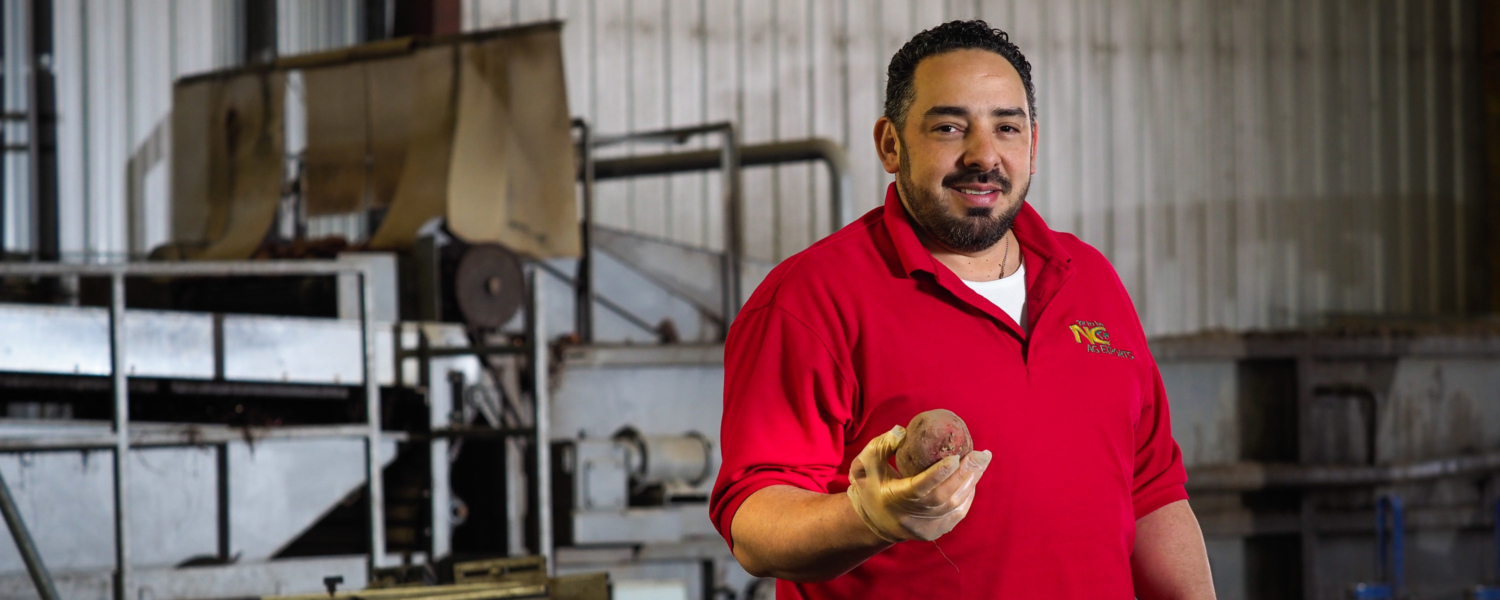
Jose “Pepe” Calderon Markets Sweet Potatoes Internationally
Spring Hope, NC
Strategy: Global marketing
As the international sales director for the United States’ largest sweet potato farm, Jose Calderon is considered a top agricultural exporter. In 2009, State Agriculture Commissioner Steve Troxler honored him as the Exporter of the Year. In 2017, Gov. Roy Cooper appointed him to the state’s Board of Agriculture through 2023, making him the first Latino to serve on the board.
The issue we face is competition, and it will continue to be challenging not just for sweet potatoes but for U.S. agriculture as a whole.
His U.S. career, though, had humble beginnings. Calderon, known by his nickname, Pepe, came 18 years ago from Costa Rica through the federal H-2A program. He went to work at Barnes Farming in Nash County.
Despite his college degrees in accounting, business administration and computer science, and his agricultural experience on banana and pineapple plantations, he started out at the company by picking tobacco and harvesting sweet potatoes.
The farm’s management recognized Calderon’s talents and moved him up the ladder. Since 2007, he’s worked with Farm Pak, Barnes Farming’s marketing division.
His accent made it difficult for the East Coast buyers he was working with to understand him, so he tried focusing on the European market, where, he jokes, everyone speaks English with an accent.
Sweet potatoes were uncommon in Europe, and to succeed, Calderon had to convince consumers there to try the tuber. They needed recipes that suited both their eating habits and their taste buds.
“It wasn’t really hard—just costly. We hired a company to create and distribute the recipes in ways that attracted consumers,” Calderon says. “We did little brochures and cards, mailing them, printing them in magazines and distributing them online.”
International customers buy 30 to 50% of Barnes Farming’s sweet potatoes each year. But there’s competition, especially from Spain. Varieties and storage systems developed at NC State have given the U.S. an advantage, but these assets are quickly being adopted by international competitors.
“Eventually we’re going to be out of competition because of our production costs,” Calderon says. He pointed to labor costs as the main reason. The H-2A program that allowed him to come to the United States requires that workers be paid at least $12.50 per hour.
“We are competing with countries paying $5 a day,” Calderon says. “I don’t think that the U.S. can continue that and still lead the competition.”
Still he sees several alternatives: advancing high-density vertical farming in controlled environments to yield more uniform crops, developing new varieties with value-added benefits and alternative uses, and creating new markets for sweet potatoes that don’t conform to market preferences like shape and size.
“North Carolina will always be a leading state for farming,” he says. “Hopefully we can improve our yields to justify and balance out the costs we pay to produce sweet potatoes and the price that buyers are willing to pay for them.”
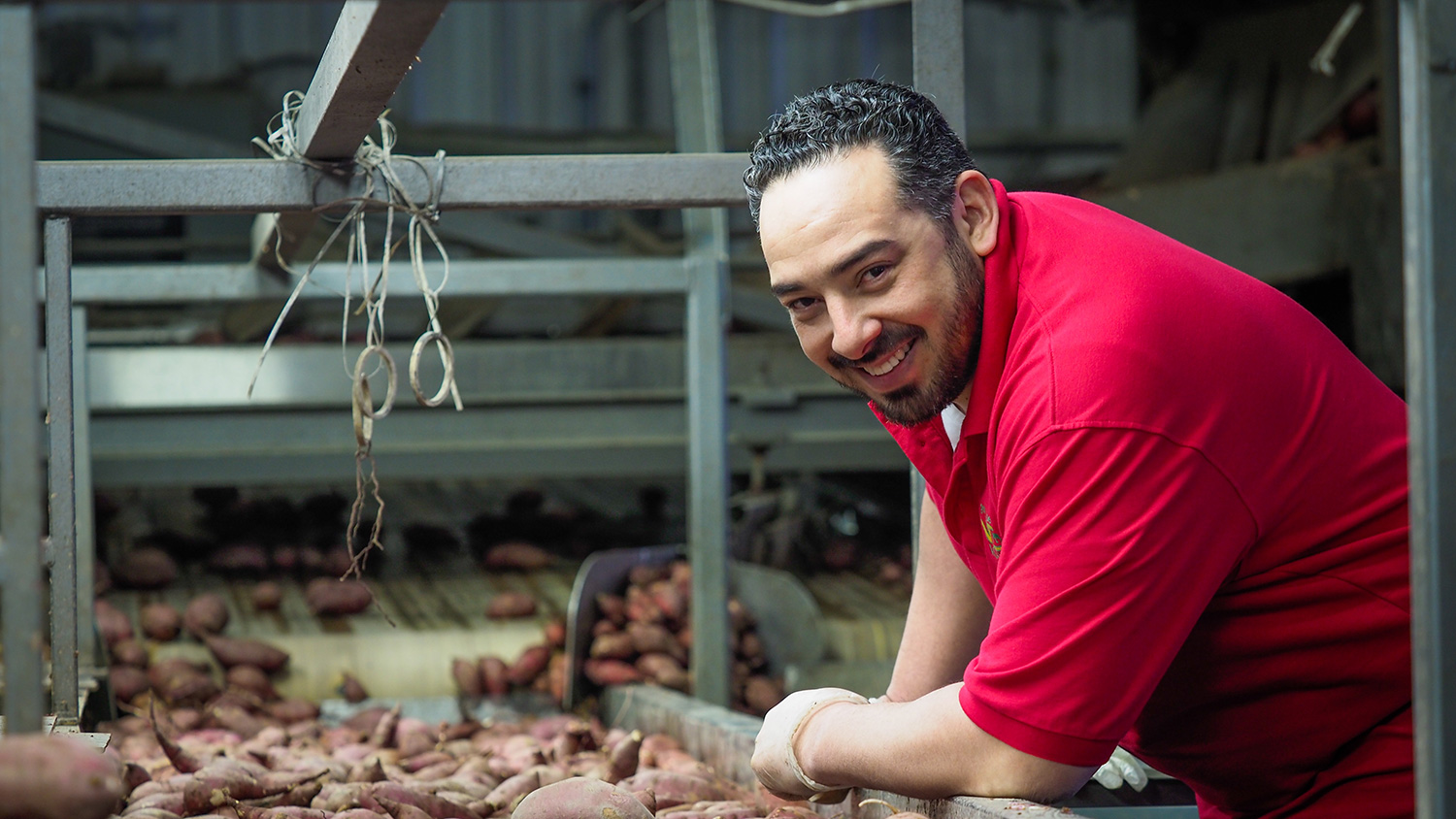
The NC State Connection
Calderon participated in Executive Farm Management, a 12-day education program delivered across six weeks in January and February and led by NC State through a partnership with East Carolina University, Clemson University Cooperative Extension and University of Georgia Cooperative Extension. “They promote it as a boot camp, and I totally agree with that. It’s very intensive, with a lot of good information,” he says.
Calderon also credits NC State for its track record in sweet potato-related research and extension, which has helped North Carolina earn the No. 1 spot among sweet-potato-producing states. Still, more research is needed, he says, especially when it comes to pest management, new varieties and chemical treatments.
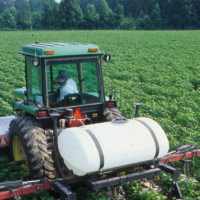
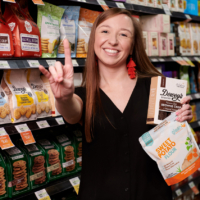

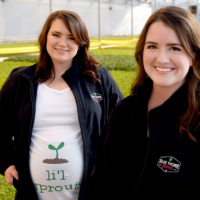
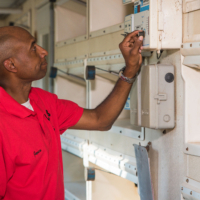



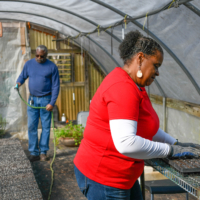
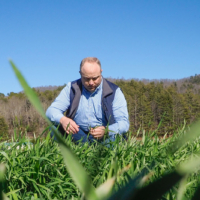
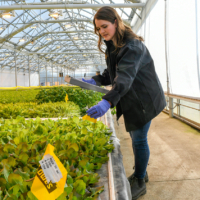
View Comments 0